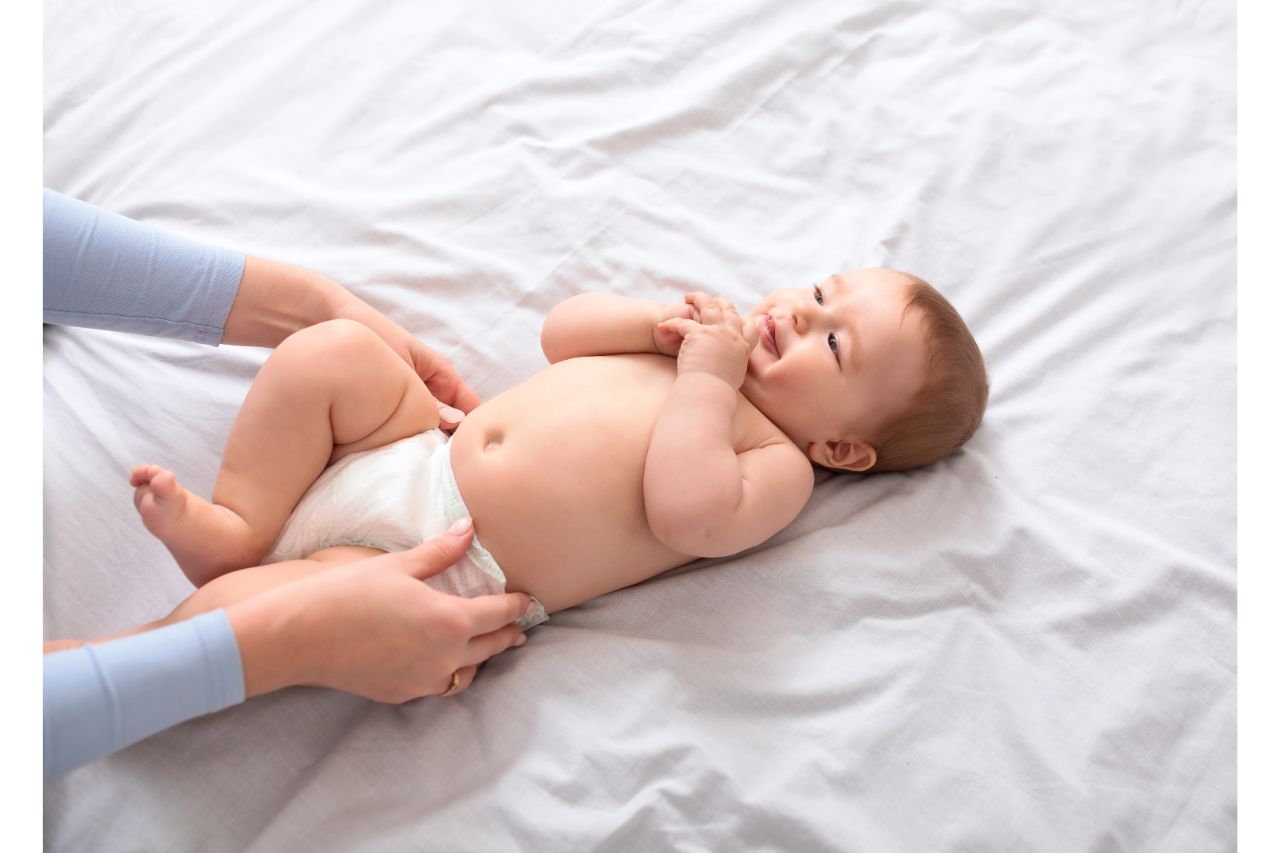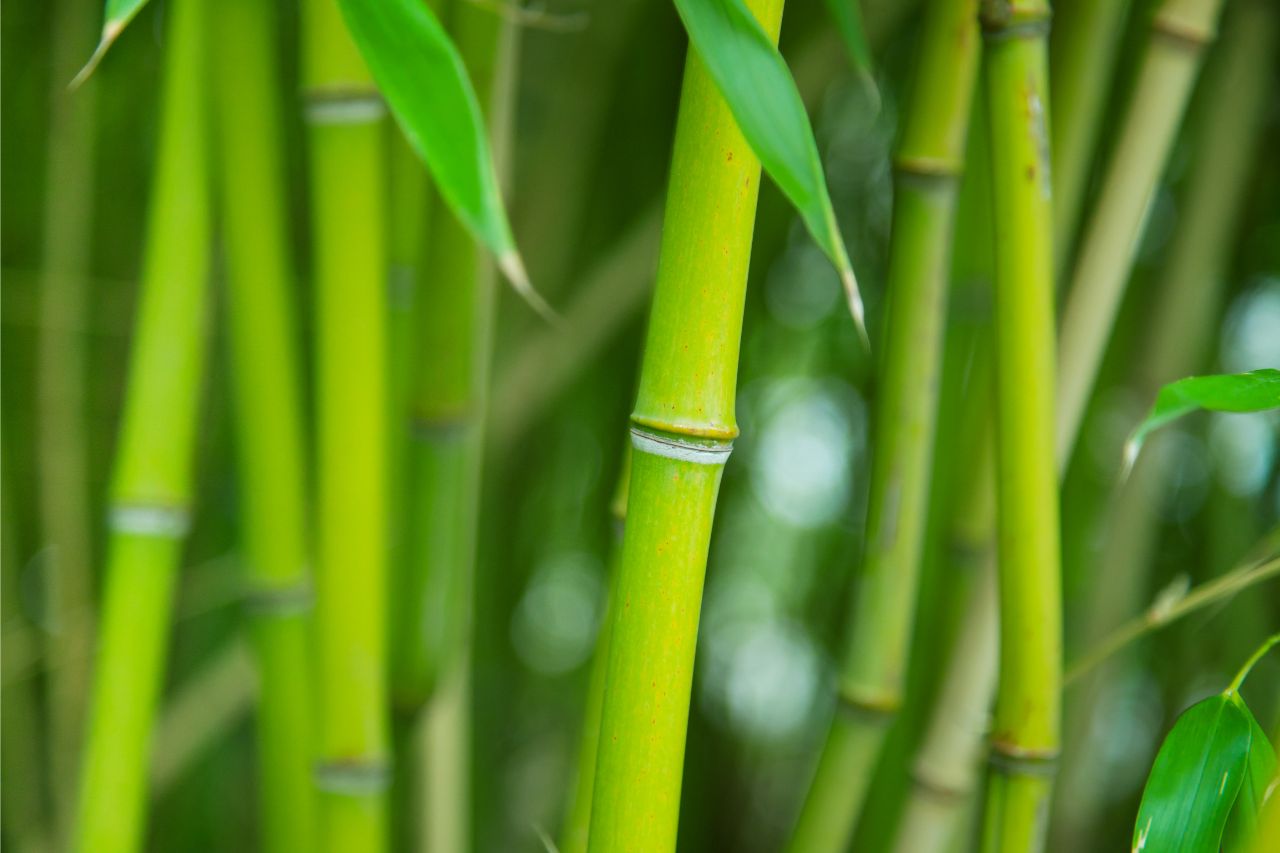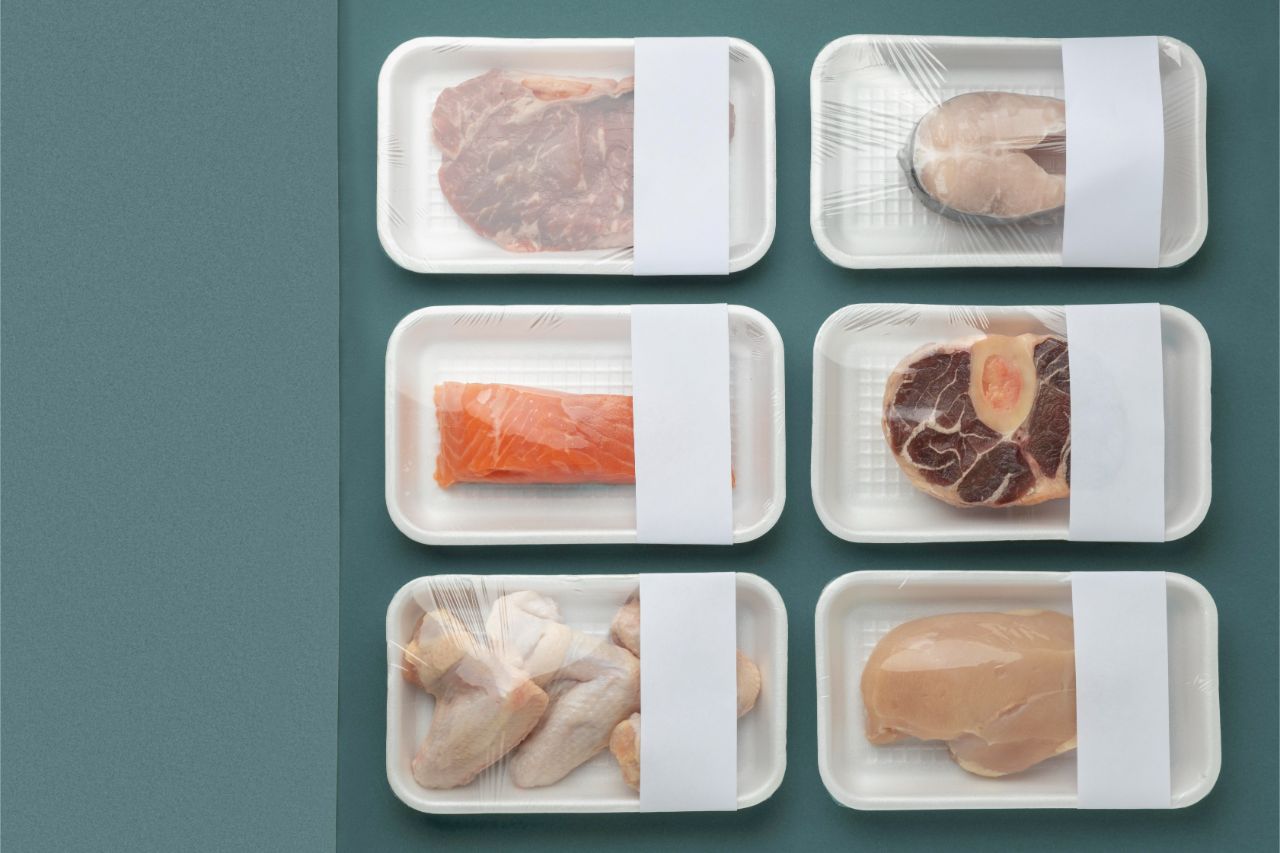Difference Between Plant-Based Diapers and Bamboo Diapers
September 22, 2021
What is the difference between plant based diapers and bamboo diapers?
- Materials
- Absorbency
- Cost-efficiency
- Environmental impact
- Health benefits
From the moment your child is born, your life begins to revolve around three concerns — feeding, sleeping, and changing their diapers. On average, one baby can use thousands of diapers before even starting potty training. So, it’s no wonder that parents are especially concerned about what kinds of eco-friendly diapers their babies use. For all those of you who are still contemplating eco-friendly options, we explain the difference between plant-based diapers and bamboo diapers in this post, so that we can help you to make a more informed choice.
Materials
Plant-based diapers are made from a wide mix of materials and can vary based on the type of diaper (disposable or cloth), and the brand’s formula itself. Common materials for plant-based diapers are plant fibers — such as cotton or hemp —, wood pulp, cane pulp, non-GMO crops — such as corn. Some brands of plant-based diapers use a mix of these materials, or use layers of different fibers to recreate the padding and absorbent layers found in traditional diapers.
Bamboo diapers are, of course, made from bamboo. Bamboo plants are harvested and broken down into fibers, which are organically soft, smooth, and round without the need for chemical treatment. Bamboo fibers are also 100% biodegradable. So, the materials used in this type of diaper are considered to be more easily degradable than other plant-based materials, such as cotton and corn pulp.
Absorbency

Plant-based diapers often mimic the multiple-layer system of traditional diapers. Using fabrics made 100% from plant-based materials, cloth and biodegradable diapers commonly have three layers: an inner layer/top sheet, an absorbent layer/core, and an outer layer. These layers lock away moisture and prevent it from touching your baby’s skin. These layers also keep moisture away from the outer layer, preventing any leaks or spilling. While some brands and fabrics are more effective than others, generally plant-based diapers are good at absorbing moisture.
When it comes to bamboo diapers, they are known for being highly absorbent. Bamboo fibers are naturally able to absorb more liquid than most other plant fibers. When made into fabrics, bamboo fibers can soak up 70% more liquid compared to cotton. As a result, bamboo diapers can withstand heavy wetting and are a good option for overnight use. Additionally, since bamboo is so effective at wicking away moisture, it needs fewer layers of absorbent material — allowing for a thinner and lighter diaper design.
Cost-efficiency
Disposable plant-based diapers can be quite costly, as brands and availability are limited. Many parents would have to purchase them in specialty stores or online. However, reusable plant-based diapers are cost-efficient. With cloth diapers, you can own a minimum of 12 to 24 diapers per baby. As they are reusable, they can be the more economical option rather than purchasing new disposable diapers every week. However, you would have to clean and dry them thoroughly before reusing them, which can be laborious.
Bamboo diapers, on the other hand, are a newer form of baby diapers. While this means there are fewer brands out there that offer them — and therefore have slightly higher prices than other options — it can be more cost-efficient than other eco-friendly diapers. This is because of the high absorbency of bamboo diapers. The increased absorbance allows you to safely and hygienically use it for longer without discomforting your child.
Environmental impact

By definition, plant-based diapers are supposed to be good for the environment. This is because, unlike traditional options, plant-based diapers are biodegradable. The natural materials used in these diapers easily compost and degrade, while traditional plastic diapers can take hundreds of years to wear down in landfills.
However, plant-based diapers are either partially or fully biodegradable, which means they differ in how they compost, and how they degrade over time. If the plant-based option you’re using is fully biodegradable, it means that they can compost in industrial disposals. If they’re partially biodegradable, it means part of their fabric can’t fully degrade. These are caused by any chemicals, additives, and microplastics that might be present in the product. So while the environmental impact of partially biodegradable plant-based diapers is reduced, it still creates some negative effects.
With bamboo diapers, you’ll find that they can have a greater positive impact on the environment as a whole. This is due to the plant that they are created from. Bamboo grows quite quickly and can be farmed with very little effect on the surrounding ecology. Additionally, anything made from bamboo is 100% biodegradable, meaning it won’t get stuck in a landfill for hundreds of years.
As the demand for bamboo diapers grows, so do bamboo farms. This is beneficial because bamboo plants release 30% more oxygen into the atmosphere as compared to an equivalent mass of trees. Additionally, bamboo plants can help enrich the soil and are one of the fastest-growing plants in the world – making it a highly sustainable crop.
Health benefits
Plant-based diapers are generally very healthy for babies to use. Most cotton, plant fibers, and crop pulp are water-resistant, which deters the growth of bacteria and other harmful microorganisms. However, some plant-based fabrics can become easily damaged after washing, which affects their absorbency. When this happens, there is a possibility of dampness, which can cause rashes. Other plant-based fabrics can also be less soft, which can cause skin irritations for babies with extra-sensitive skin.
Bamboo fiber is a highly breathable material. Bamboo diapers permit fresh air to circulate, which helps your baby’s skin to remain dry and cool. Bamboo fibers are found to be even more breathable than natural cotton. This material is also naturally bacteria and odor resistant, unlike other plant-based fibers. In addition, bamboo is naturally hypoallergenic, which is perfect for babies with sensitive skin.
Key Takeaway
The conclusion? The difference between plant-based diapers and bamboo diapers shows that bamboo diapers may be the more superior option. With bamboo diapers, you can ensure the health and comfort of your baby while being environmentally conscious.





